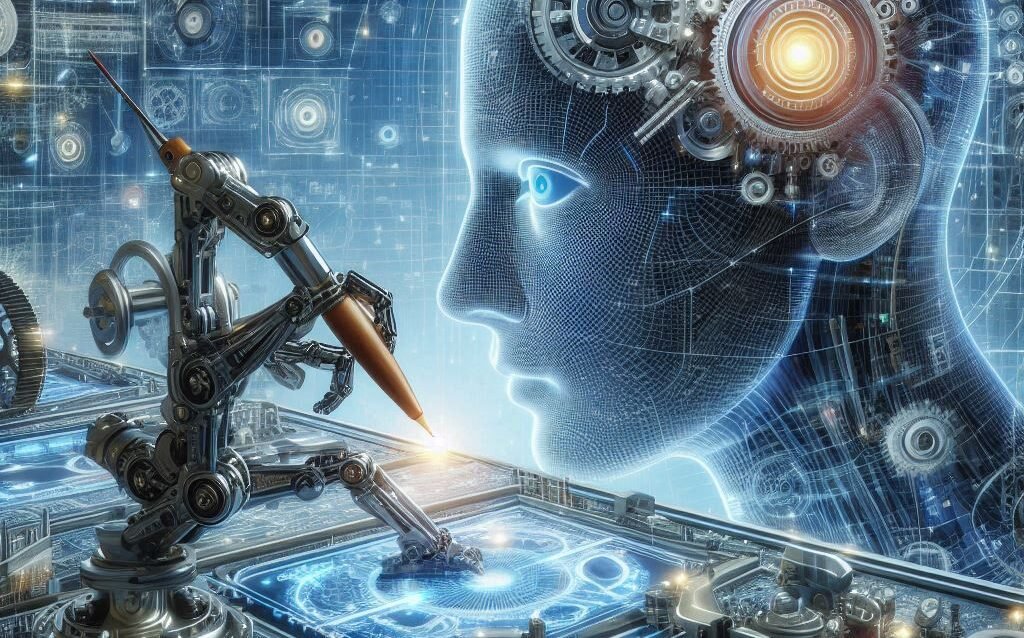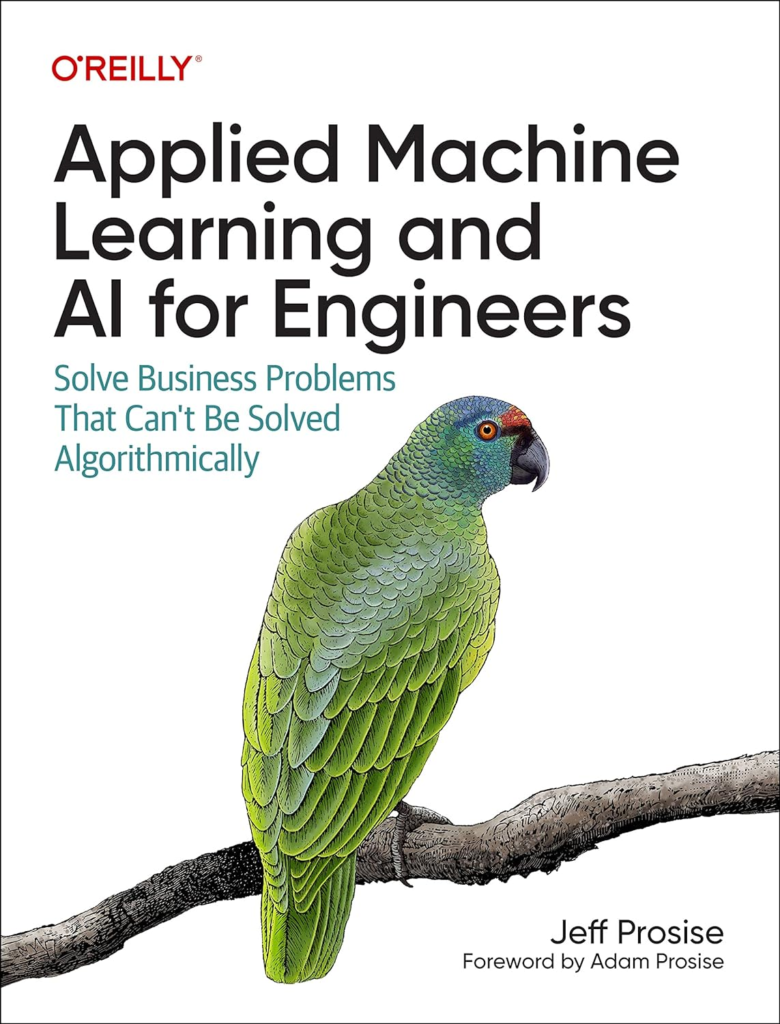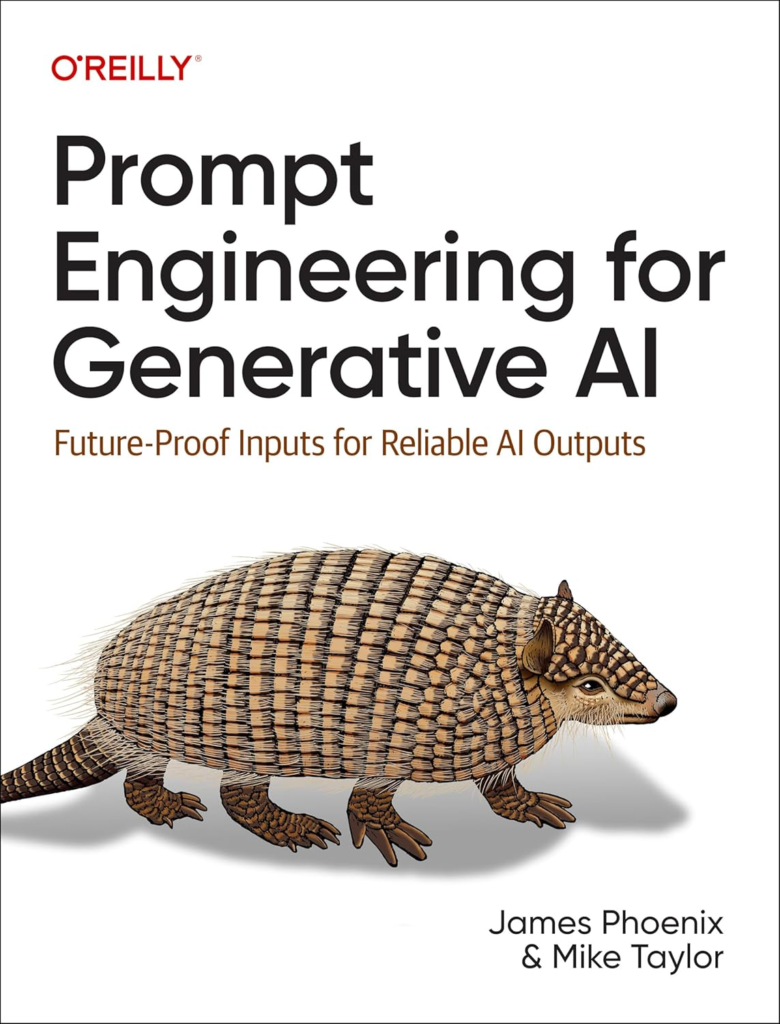Introduction to Artificial Intelligence in Engineering
Artificial Intelligence (AI) has emerged as a pivotal force in the evolution of engineering technology, revolutionizing how engineering processes are conceptualized, designed, and executed. Initially rooted in computer science, the field of AI focuses on creating algorithms and systems capable of mimicking human intelligence, enabling machines to learn, reason, and solve problems autonomously. Over the years, AI has undergone significant advancements, transitioning from rudimentary rule-based systems to sophisticated machine learning and deep learning models that possess the ability to analyze vast datasets, identify patterns, and make decisions with minimal human intervention.
At its core, the significance of AI in engineering lies in its capacity to enhance efficiency, accuracy, and innovation across various branches of the discipline, including civil, mechanical, electrical, and software engineering. AI-driven tools, such as predictive analytics and optimization algorithms, empower engineers to streamline processes, facilitate informed decision-making, and ultimately drive project success. For instance, in civil engineering, AI can assist in predicting structural failures through the analysis of historical data, allowing for preventive measures to be implemented early in the design phase.
The potential applications of AI within engineering are vast and continually expanding. From automating routine tasks to enabling complex simulations and modeling, AI technologies are poised to redefine traditional engineering methodologies. Furthermore, as sustainability becomes an increasingly important consideration, the integration of AI can lead to the development of more environmentally friendly engineering solutions through enhanced resource management and project optimization. This overview underscores the transformative impact AI technologies are having on engineering processes, paving the way for unprecedented levels of innovation and efficiency in the field.
(Purchase today by clicking on the image)
AI Applications in Engineering Disciplines
Artificial intelligence (AI) has permeated various engineering disciplines, driving significant improvements in efficiency and precision. In civil engineering, AI tools such as predictive analytics are utilized for project management and risk assessment. For instance, AI algorithms analyze historical data to forecast project timelines and costs, enabling engineers to identify potential delays and allocate resources more effectively. These insights lead to improved project outcomes and reduced wastage.
In mechanical engineering, the incorporation of machine learning algorithms has transformed design processes. Engineers now leverage AI-driven design software, which uses generative design techniques to propose multiple design alternatives based on specified performance criteria. This not only accelerates the design phase but also enhances innovation, as engineers can explore unconventional solutions that may not have been considered through traditional methods.
Electrical engineering also benefits from AI through advancements in smart grids and automation. AI systems analyze real-time data from electrical grids to optimize energy distribution and predict power consumption patterns. This capability supports more efficient energy management and significantly reduces operational costs. Additionally, robotics integrated with AI is reshaping the manufacturing sector, where robots equipped with machine learning capabilities can adapt to varying production requirements and minimize errors during assembly processes.
In software engineering, AI enhances coding processes through automated code generation, debugging, and testing. Tools like intelligent coding assistants can provide developers with real-time code suggestions, thus improving productivity and reducing time-to-market for software products. Furthermore, AI can significantly aid in cybersecurity by identifying vulnerabilities and responding to threats in real time, safeguarding software applications against potential attacks.
Overall, the integration of artificial intelligence across civil, mechanical, electrical, and software engineering disciplines showcases substantial improvements in efficiency, precision, and innovation. As AI technologies continue to evolve, their applications in engineering promise to yield even more transformative benefits in the future.
Challenges and Limitations of AI in Engineering
The integration of artificial intelligence (AI) in engineering presents numerous advantages; however, it also comes with a range of challenges and limitations that must be addressed. One of the most pressing issues is data privacy and security. Engineers and organizations must navigate the complexities surrounding the collection, storage, and utilization of sensitive information, as mishandling this data can lead to serious regulatory implications and loss of public trust. Ensuring robust data protection mechanisms is essential to foster confidence in AI applications.
Additionally, the demand for skilled professionals proficient in AI technologies is a significant hurdle. The engineering field requires experts who are not only familiar with conventional practices but also possess a deep understanding of AI algorithms and machine learning. This skills gap can hinder the pace of integration, making it difficult for organizations to develop effective AI-driven solutions. Investment in training and education is crucial to equip the workforce with the necessary competencies to leverage AI tools effectively.
Another critical limitation lies in the potential biases present in AI systems. These biases can arise from the data used to train AI models, potentially leading to skewed outcomes and decision-making processes. Engineers must be vigilant in identifying and mitigating these biases to ensure that AI-driven solutions are equitable and reliable. Continuous monitoring and evaluation of AI systems are required to maintain fairness and accuracy in engineering applications.
Finally, the high costs associated with implementing AI technologies can be prohibitive for many organizations. The initial investment needed for hardware, software, and skilled personnel can deter engineers from pursuing AI integration. To address this challenge, it is essential to explore cost-effective solutions and funding opportunities that facilitate the adoption of AI technologies while ensuring sustainable development within the engineering sector.
The Future of AI in Engineering: Trends and Innovations
The application of artificial intelligence in engineering is poised for transformative advancements, driven by innovative trends that are shaping the industry’s future. One significant area is generative design, where AI algorithms analyze design constraints and preferences to produce optimized solutions that human designers may not conceive. This approach not only enhances creativity but also ensures higher efficiency, reducing material waste and project timelines.
Additionally, the evolution of autonomous systems represents a noteworthy trend within engineering. Integrating AI with robotics and automated machinery allows engineers to develop systems capable of functioning independently in complex environments. This reliance on AI not only increases productivity but also minimizes human error, providing a safer working environment. Autonomous vehicles and drones are already examples of how this trend can revolutionize construction and maintenance processes.
Virtual reality (VR) simulations are emerging as another vibrant trend influenced by artificial intelligence. VR, combined with AI, offers immersive environments where engineers can visualize and manipulate designs in real-time. Such technology enables dynamic testing and problem-solving, facilitating a deeper understanding and quicker resolution of design flaws before physical implementation. This synergy between AI and VR equips engineers with tools that enhance decision-making processes and stakeholder engagement.
Furthermore, the role of AI in promoting sustainable engineering practices cannot be overstated. By leveraging data analytics, AI helps engineers make informed decisions regarding resource management, energy efficiency, and waste reduction. Predictive analytics also support the optimization of systems for sustainability, enabling engineering practices that not only meet current demands but also ensure environmental preservation for future generations.
As these trends gain traction, it is imperative for engineers, academics, and stakeholders to remain receptive to such innovations. Embracing AI technologies will be essential for advancing the engineering profession, fostering enhanced designs, and ensuring the discipline’s alignment with contemporary challenges and expectations.
(Purchase today by clicking on the image)






